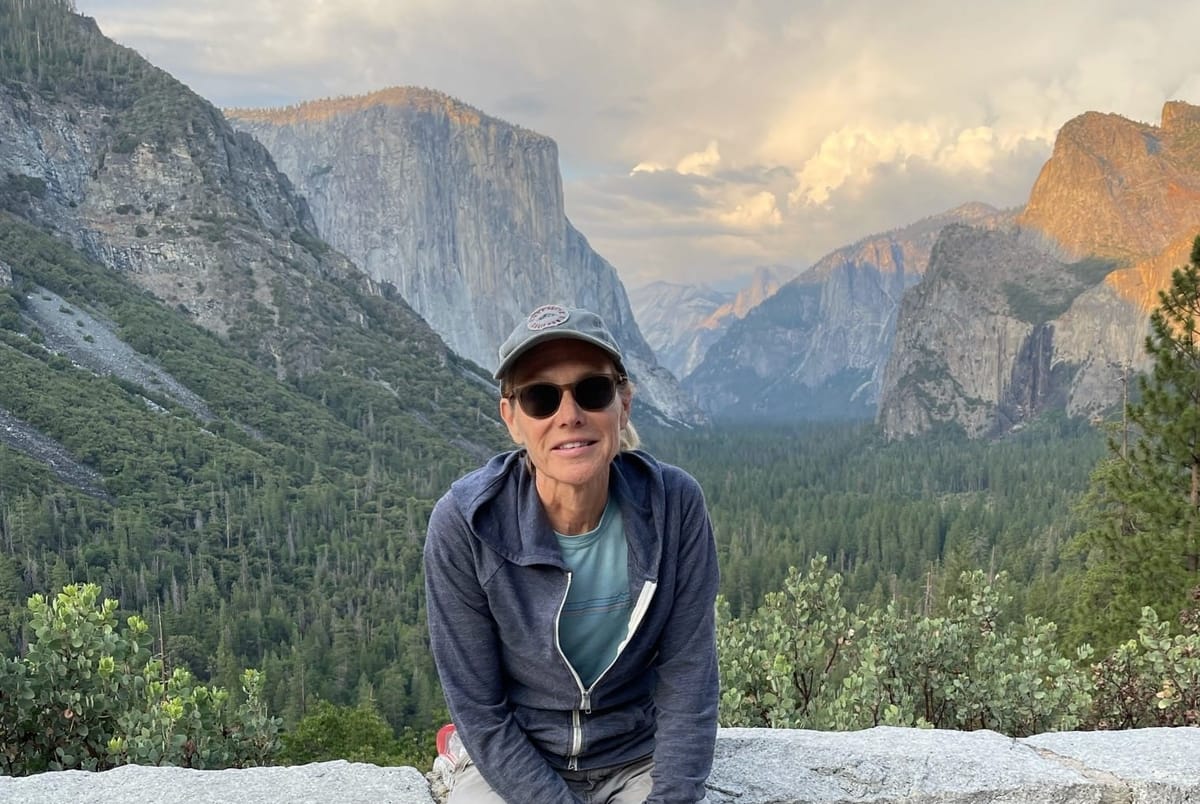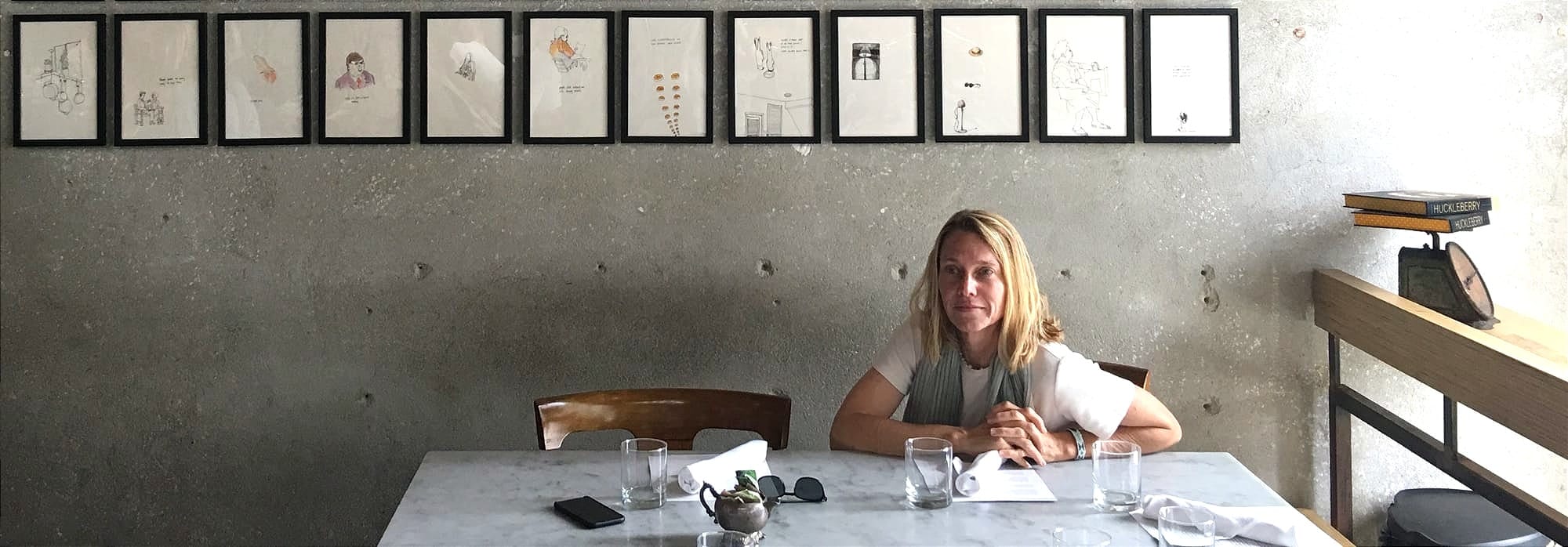Tess Clark

When I was a kid, my mother would introduce me to her friends by saying, “This is my creative child.” She said it like a grand presentation, as if there was no higher calling. I was always drawing, painting, coloring, making things. My mind was a fertile landscape where I fantasized about inventing a round car, having alternate sets of parents, being a famous actress/artist/athlete, and shapeshifting into animals. I did something else, too. As a result of childhood trauma, I’d escape from the present and time travel into the future where I would hang out with my adult self. I didn’t know that this was a valid therapeutic practice in reverse: instead of connecting with my inner child, I connected with my inner adult.
Maybe it wasn’t until I went to film school at CalArts that I realized what I’d been doing my entire life was writing, directing and starring in an endless series of movies. In many ways though, my pretend version of moviemaking was a lot more satisfying than the business of moviemaking. While I was fortunate enough to work on some really fun television shows and sell a few screenplays, the intersection of art and commerce ultimately drummed out my desire to create and left me wondering if there was something else I was meant to do.
The truth is, what I’ve always wanted to do is help heal people. When I was trying to decide between film school and medical school, I chose a career path I thought could affect the greatest number of people. Since movies had been my refuge, I thought it was my calling. As it turns out though, my heart is just too delicate for rejection, criticism and a sense of success based solely upon the bottom line.
As I settled into my fifties, I was at a real crossroads. I wasn’t interested in going back to school, and certainly not in medicine. My lifelong fascination with the human body and its potential had been skewing away from modern medicine toward wisdom traditions that were more native, ancient and spiritual. I’d long been drawn to the work of Louise Hay, Judith Orloff and Caroline Myss in the field of intuitive healing, but it was never something I thought I could do. Or maybe I didn’t have a real opportunity to try. Then came Covid and the news that my friend Jonathan lay dying on a ventilator in a hospital thousands of miles away. At the time, I did not jump up and think, “I’ve got this.” Instead what followed was an act of desperation. Little did I know that it was also a new beginning.
When something is elevated beyond the norm, we call it art. So, if the definition of art is “the expression or application of human creative skill and imagination,” then to elevate medicine and healing, all we have to do is imagine it.
